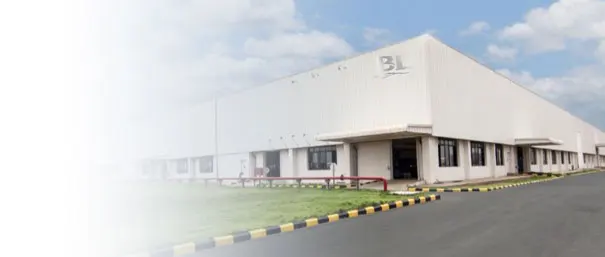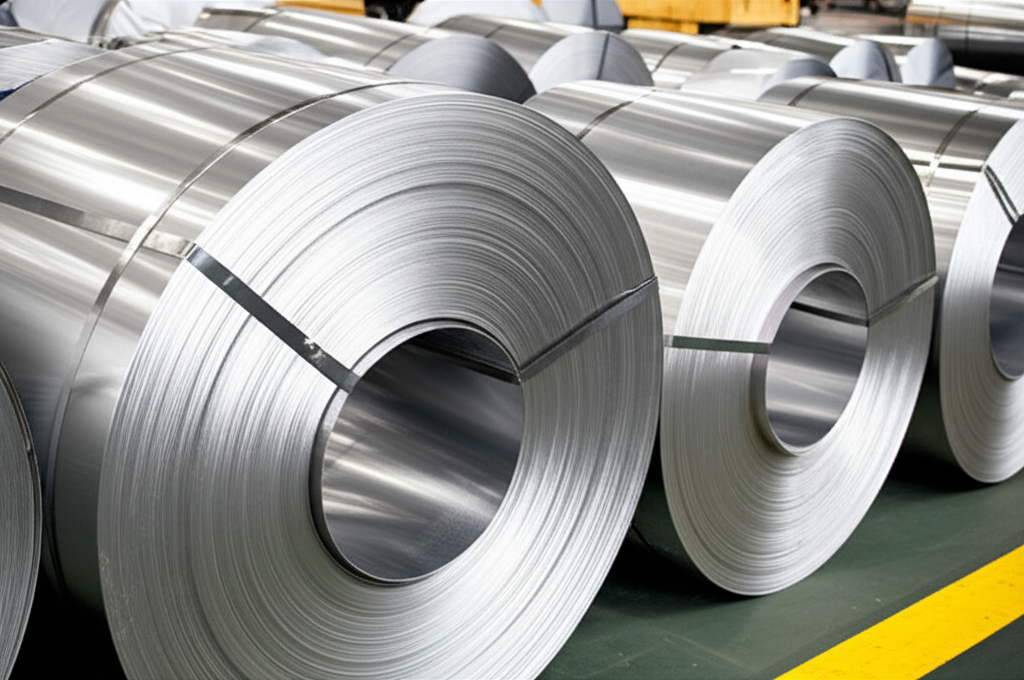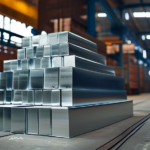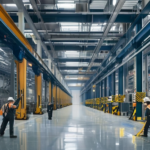When it comes to large-scale infrastructure projects, the choice of materials is critical to ensuring durability, cost-effectiveness, and long-term performance. Among the most versatile and reliable materials available today, stainless steel coils stand out as a preferred solution for engineers, architects, and project managers. This article delves into the technical advantages, key applications, and strategic benefits of using stainless steel coils in infrastructure development.


Why Stainless Steel Coils? Core Advantages
Stainless steel coils are manufactured through a continuous hot-rolled or cold-rolled process, producing uniform, high-strength metal sheets wound into coils. Their unique properties make them ideal for demanding infrastructure applications:
- Corrosion Resistance: Stainless steel grades like 304 (AISI 304) and 316 (AISI 316) contain chromium (18–20%) and nickel (8–12%), forming a passive oxide layer that resists oxidation, moisture, and chemical exposure. For marine or high-salinity environments, 316L (low-carbon variant) offers enhanced resistance to chloride-induced pitting.
- High Tensile Strength: Coils can achieve tensile strengths ranging from 500 to 1,500 MPa, depending on the grade and tempering process. This ensures structural integrity under heavy loads (e.g., bridges, tunnels).
- Thermal Stability: Stainless steel retains strength at temperatures from -196°C to 800°C, making it suitable for extreme climates and fire-prone zones.
- Low Maintenance: Unlike carbon steel, stainless coils require minimal coating or painting, reducing lifecycle costs by up to 30% in long-term projects.
- Recyclability: With 90%+ recyclability, stainless steel aligns with global sustainability goals, earning LEED credits for green infrastructure.
Key Applications in Infrastructure Projects
Stainless steel coils are deployed across diverse infrastructure segments due to their adaptability:
-
Bridges & Overpasses
- Used in cable stays, decking, and expansion joints for their fatigue resistance and aesthetic appeal.
- Example: The Millau Viaduct (France) utilized 316L coils for corrosion-prone cable components.
-
Water Treatment & Desalination Plants
- 316L coils are standard for pipes, tanks, and filtration systems due to resistance to chlorides and biofouling.
-
Urban Transit Systems
- Metro stations, railings, and signage benefit from 304 coils for their durability and low upkeep in high-traffic areas.
-
Energy Infrastructure
- Solar panel mounting systems and nuclear facility components leverage stainless steel’s thermal and radiation resistance.
-
High-Rise Buildings
- Coils are processed into cladding, structural beams, and HVAC ducting, combining fire safety with sleek finishes.
Technical Specifications & Customization
Modern stainless steel coils are engineered to meet stringent project requirements:
– Thickness: Ranges from 0.1 mm to 10 mm, with widths up to 2,000 mm.
– Surface Finishes: Options include 2B (smooth cold-rolled), BA (bright annealed), and No. 4 (brushed) for functional or decorative needs.
– Grades: Beyond 304/316, duplex grades (e.g., 2205) offer superior strength-to-weight ratios for critical load-bearing applications.
– Coating & Lamination: Optional polymer coatings (e.g., PVC, PE) can be applied for added insulation or UV protection.
Economic & Environmental Impact
While stainless steel’s upfront cost is 10–20% higher than carbon steel, its long-term savings are undeniable:
– Reduced downtime from corrosion-related repairs.
– Lower energy consumption in manufacturing (vs. galvanized steel).
– Compliance with ISO 9001, ASTM, and EN 10088 standards ensures global project eligibility.
Conclusion: A Strategic Choice for Future-Proofing Infrastructure
Stainless steel coils represent a smart investment for large-scale projects, balancing performance, longevity, and sustainability. From iconic bridges to critical water systems, their versatility ensures they remain a cornerstone of modern infrastructure.
For projects requiring customized stainless steel coils—whether in grade, dimensions, or surface treatment—Baoli, a leading Chinese steel manufacturer, offers end-to-end solutions. With state-of-the-art production facilities and ISO-certified quality control, Ba
Key Specifications
- Standards and grades
- Dimensions and tolerances
- Surface finish
- Certificates (MTC)
Applications
Construction, machinery, energy and general fabrication — match material and finish to the operating environment.








